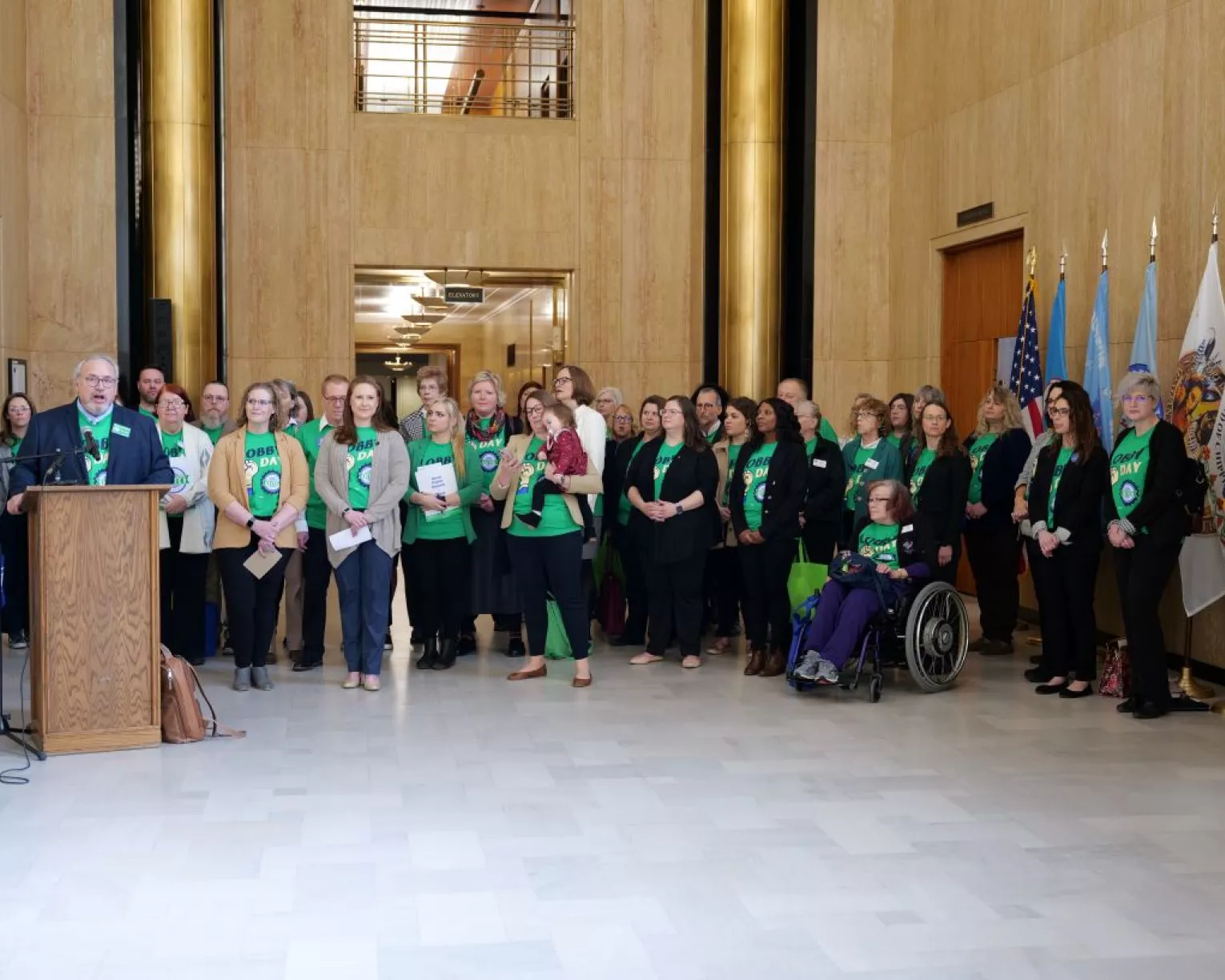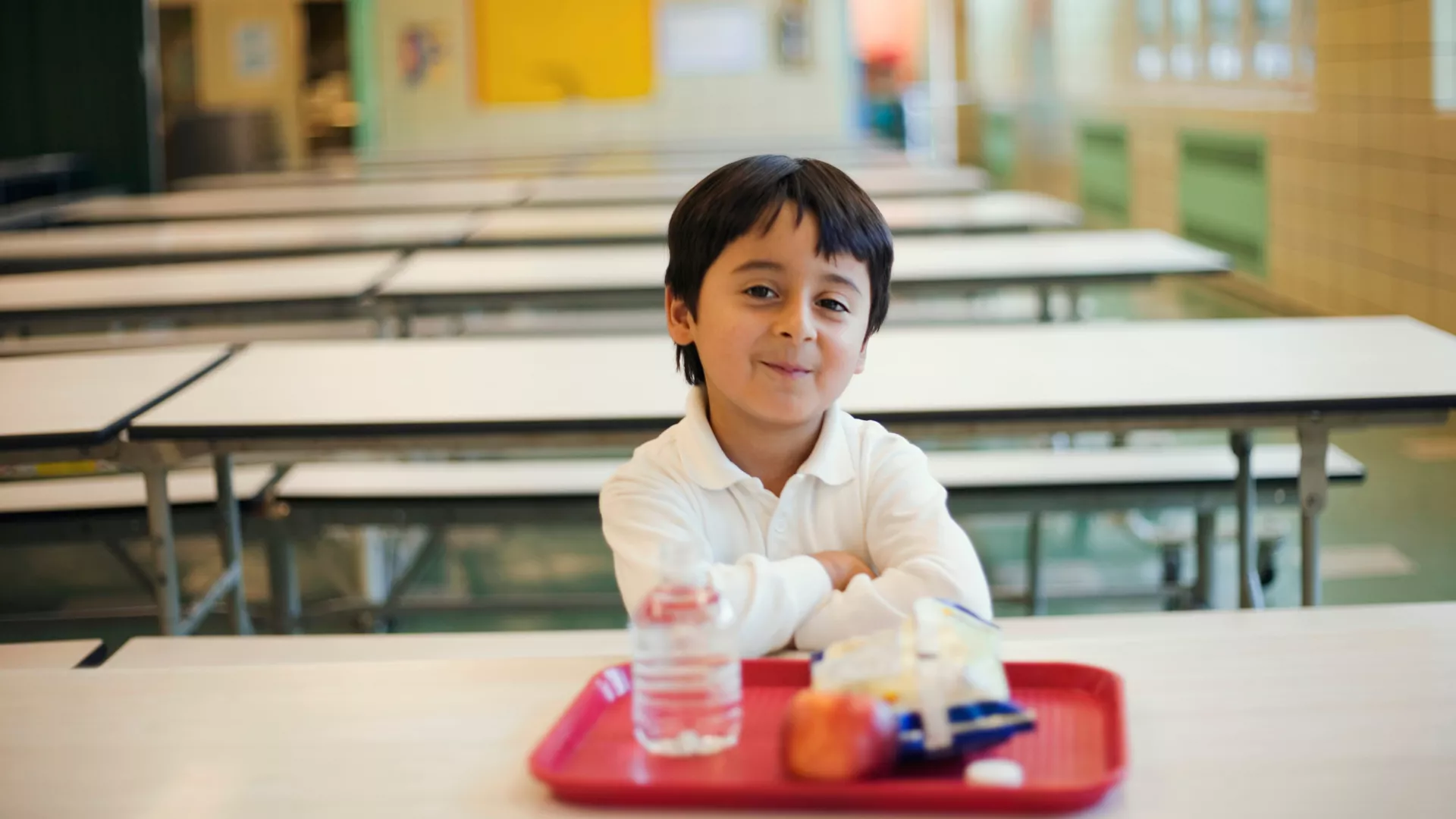School meals are critical to student health and well-being, especially for low-income students—and ensures that students have nutrition they need throughout the day to learn. Research shows that students who participate in school breakfast programs have improved attendance, behavior, academic performance, and academic achievement, as well as decreased tardiness.
Legislative Outcomes
During the 2023 Legislative session, the House introduced HB 1494, which prevents stigmatization or penalization of a student for having an unpaid lunch debt. Practices like withholding meals, using lunch tokens, placing a child’s name on a list of those with lunch debt, or limiting participation in school activities are no longer allowed.
With more states passing universal free school meals legislation, North Dakota legislators followed suit by introducing HB 1491. The bill began as a $90 million dollar appropriation to cover all costs of school lunches, making them free of charge to public school students. After a series of amendments in the House Education committee, HB 1491 was whittled down to a mere $6 million dollar bill to cover costs of meals for students whose parents or guardians make less than 200% of federal poverty, which equates to $60,000. After passing 80 yea, 11 nay, 3 absent in the House, the bill failed in the Senate on a 23-24 vote: one vote short of passing.
After an incredible outpouring of messages to legislators from North Dakota United members and partners like the AFL-CIO, the final language of HB 1491 was inserted as an amendment to SB 2284 by Representative Schreiber-Beck and seven other members of the House Education Committee. Senate Bill 2284, a broad K-12 education funding bill, then passed through both chambers.
Speak Up For Public Schools & Public Services

